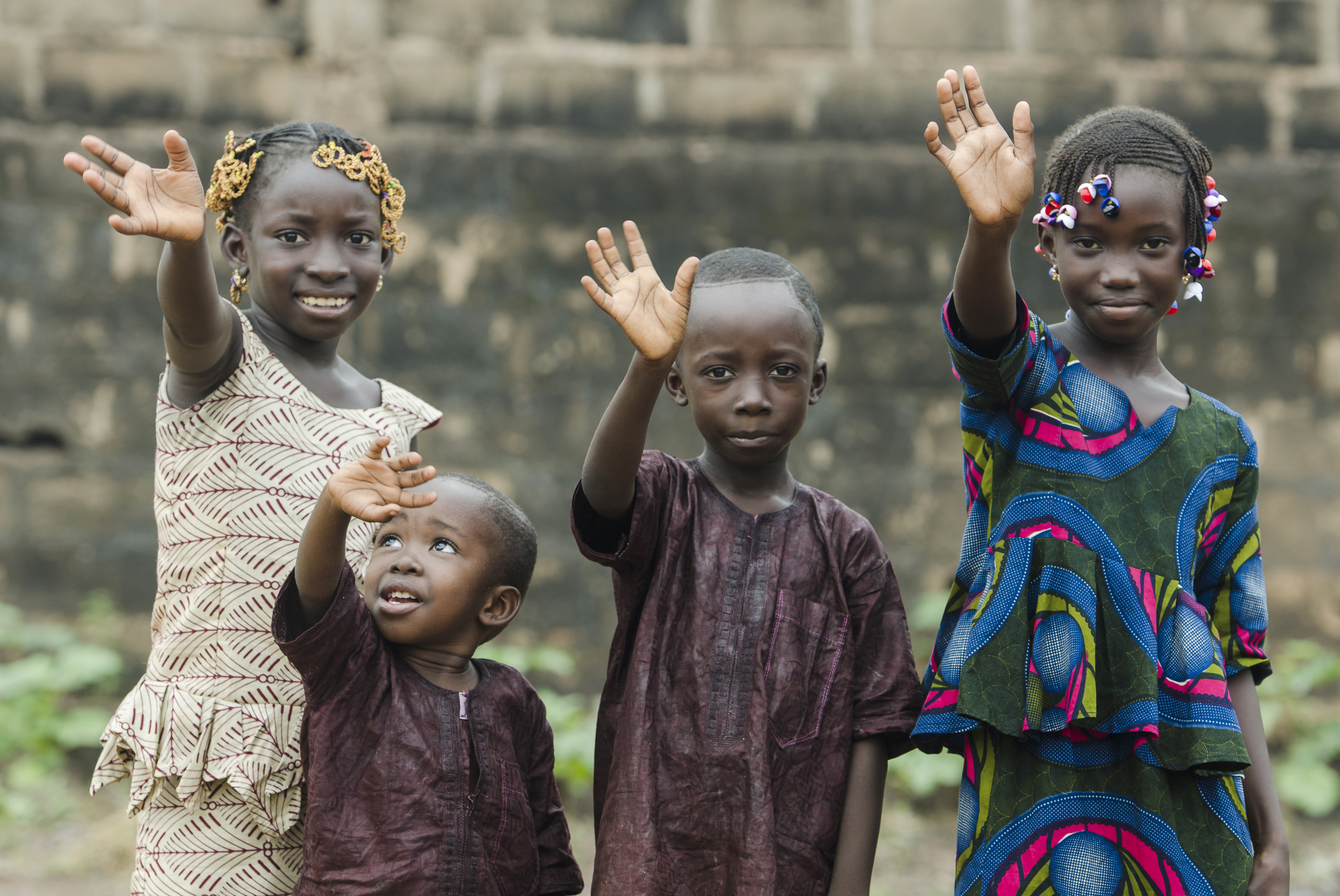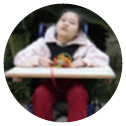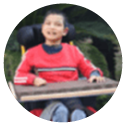
World Braille Day is honored on the 4th of January and is a reminder of the integrity that people with disabilities deserve. Braille is a tactile representation of alphabetical letters and numbers that uses six dots to represent each letter and number. Braille is complex, allowing for the use of musical, mathematical and scientific symbols. The method was named after 19th century French inventor, Louis Braille, and is now used by blind and partially sighted people to read the same books that are printed visually (United Nations, n.d.).
There are around one billion people with disabilities worldwide. These people usually suffer due to lack of access to education, employment, health care and the social participation in their communities. This means that they are more likely to live in poverty, experience higher rates of violence, abuse and are always marginalized in their communities (United Nations, n.d.).
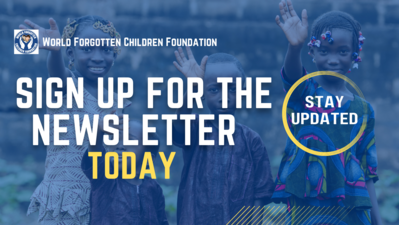
The COVID-19 pandemic has shown the cracks in our system of providing aid to people with disabilities. Lockdown was especially difficult for visually impaired people, especially during times of elongated isolation and the lack of independence. People who are visually impaired rely on touch for communication, and the lack of touch during the pandemic hurt their main way of communicating. However, COVID-19 has also led to leaders to emphasize the digital inclusion of all people, setting the stage for a digital revolution that increases access for people with disabilities (United Nations, n.d.).
In 2017, World Forgotten Children Foundation (WFCF) partnered with Under The Same Sun (UTSS) to provide $3,301 to purchase textbooks and reading stands for 70 students with albinism in Tanzania. Children with albinism often suffer a number of health risks due to their genetic condition, with visual impairment being one of those health risks that result in increasing stigma and discrimination.
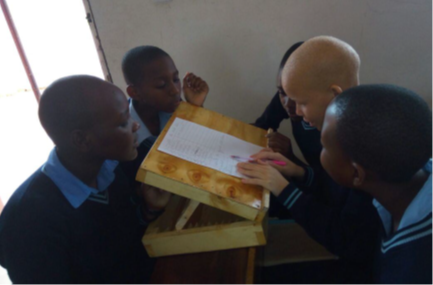
By cooperating with UTSS, who have rescued hundreds of displaced children, WFCF was able to provide reading stands and books that are needed to assist children with albinism and visual impairment issues.
WFCF provided adjustable wooden reading stands that allow students to lean papers and textbooks in various angles to help improve their sight. For students that are visually impaired and have low vision, this allows them to see their work closely. These stands will help the children who have for long reported headaches and back and neck pain from straining to focus on their school work.
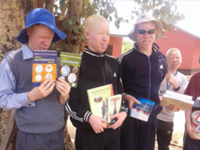
Along with the reading stands, WFCF were able to provide 37 orphaned students with low vision the textbooks they needed to study for their national exams that year. Prior to this funding, the students had to share their books with other students, which when coupled with visual impairment, made it extremely challenging to study.
This project’s specific mission, to enable orphaned students with albinism in Tanzania, will provide long-lasting effects on the lives of many children. Visual impairment is but one of the obstacles these children face, and by working with the UTSS Education Program, WFCF has given the gift of knowledge to 70 students. Their hard work for an education will pay off, and using reading stands and new textbooks, they can strive to get the best grades possible!
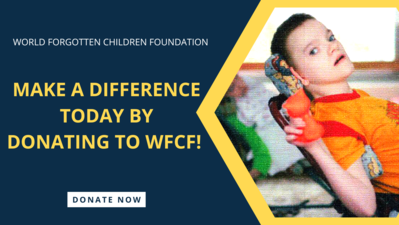
We hope you consider donating to WFCF and supporting our mission today and make a difference in the lives of many orphaned children with disabilities.
References:United Nations. (n.d.). World Braille Day. United Nations.https://www.un.org/en/observances/braille-day

